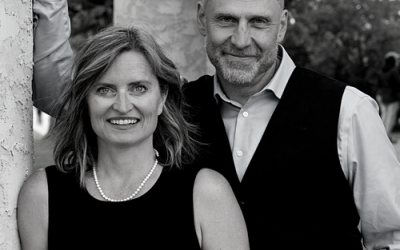We seek first God’s Kingdom and His justice on the earth. The Jesus Way.
Welcome
Discover What Brings Us Together. Explore What Holds Us Together
Welcome. We are a growing movement of churches across Canada, sharing resources and relationship, as we serve Jesus and make him known. Whether you’re already deeply invested in your local Vineyard church or looking to find a community to belong to, we’re glad you’re here!
Click the button below to learn more about Vineyard Canada.
FIND A CHURCH
WEST
CENTRAL
EAST
ATLANTIC
This is US
Mike and Jodi Labun | Abbotsford Vineyard, BC
Mike and Jodi joined the Winnipeg Centre Vineyard (WCV) in the early years of the church plant in...
MAURITZ VAN DEN HEEVER | WINNIPEG CENTRE VINEYARD CHURCH
Mauritz and Estelle van den Heever have been married for 10 years, and have one son, Benjamin....
Terry & Jeanne Harsch | Avenue Vineyard, Edmonton, AB
Terry and Jeanne Harsch met when they were 16 years old. While Terry had been raised in a...
Upcoming Events

Online Gatherings
Pentecost: June 4-6
Advent: Nov 26-28



